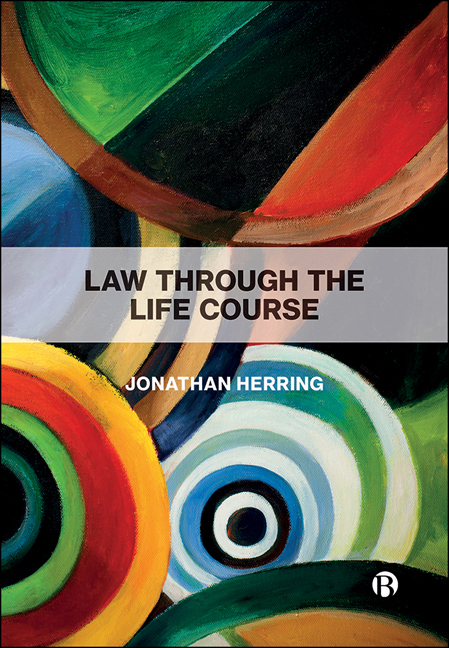4 - Childhood
Published online by Cambridge University Press: 05 January 2022
Summary
Introduction
Childhood is a time of life that gives rise to competing connotations and conflicting images. A golden era of innocence and fun; or a time of abuse? Are children little angels or little devils? Some children are admired for their goodness and clarity of thought: Greta Thunberg, who started her School Strike for Climate protests aged 15, and the countless children supporting her have played an enormous role in the public debates around environmental issues. She is seen by some as a visionary. By contrast, the media is still obsessed with Robert Thompson and Jon Venables who, at the age of ten, kidnapped, tortured and murdered James Bulger, aged two. Many years later they are still presented in the tabloid media as evil. We shall see in this chapter that the law's response to childhood plays an important role in reflecting and reinforcing the conflicting images society has about children.
One of the major themes of this chapter is that childhood, in many ways, is a response to adulthood. How we understand childhood tells us much about how we understand adulthood. To some extent childhood gets defined in terms of which adult characteristics children lack. Hence, part of the law's response to childhood is a list of things which children cannot do, which adults can. But there is also a growing literature on the goods of childhood, which are reflected in the legal sphere by special rights that children, but no adults, have.
This chapter will start by exploring some of the broader models of childhood in the literature before exploring how these are reflected in conflicting legal responses to childhood.
Models of childhood
In this section I will describe in broad terms some of the models of childhood which have provided overarching ways of understanding young people. Of course, there are those who reject the concept of childhood altogether, and those views we will deal with in a section entitled ‘Social construction of childhood’. It should be noted that different models of childhood seem more accurate or gain prominence at different times in history and in different geographical locations. So, to some extent, they are a reflection of a particular cultural context. Furthermore, it should not be thought that only one model may be adopted at a time: often attitudes towards children are contradictory.
- Type
- Chapter
- Information
- Law through the Life Course , pp. 73 - 124Publisher: Bristol University PressPrint publication year: 2021



